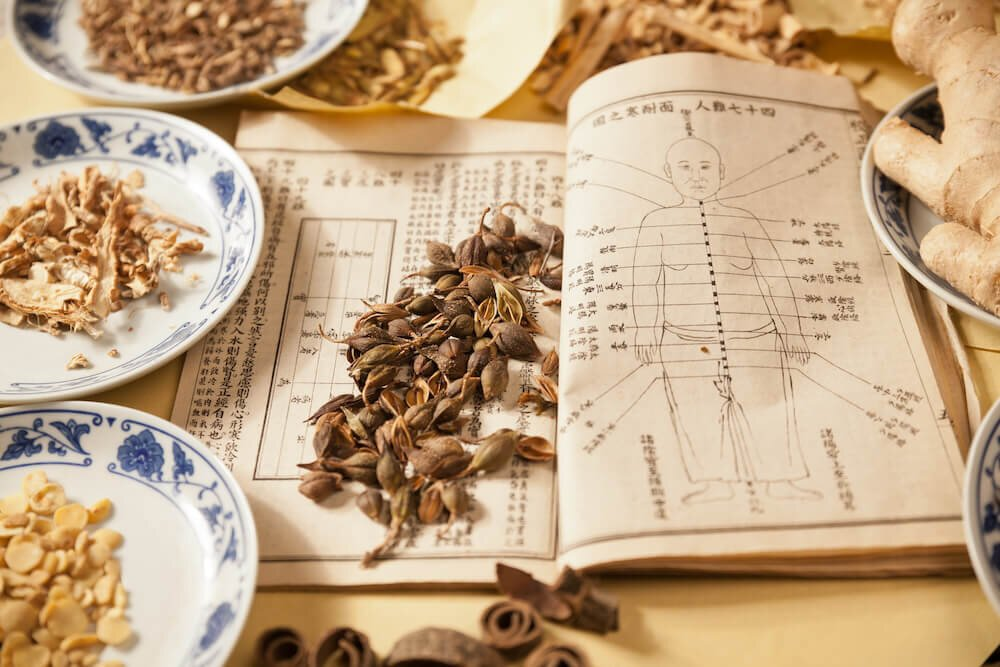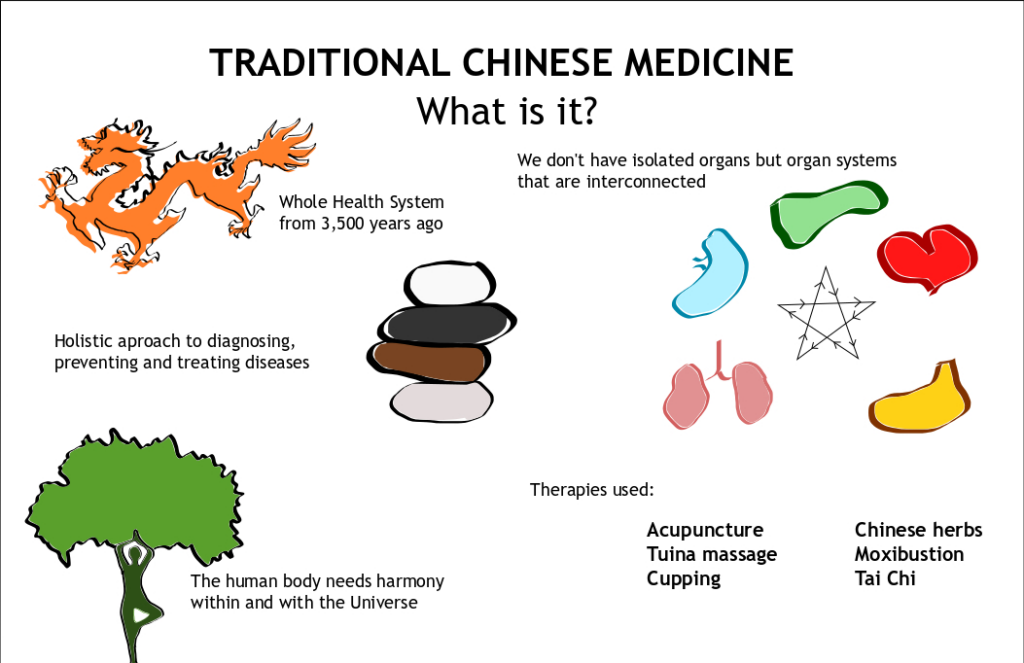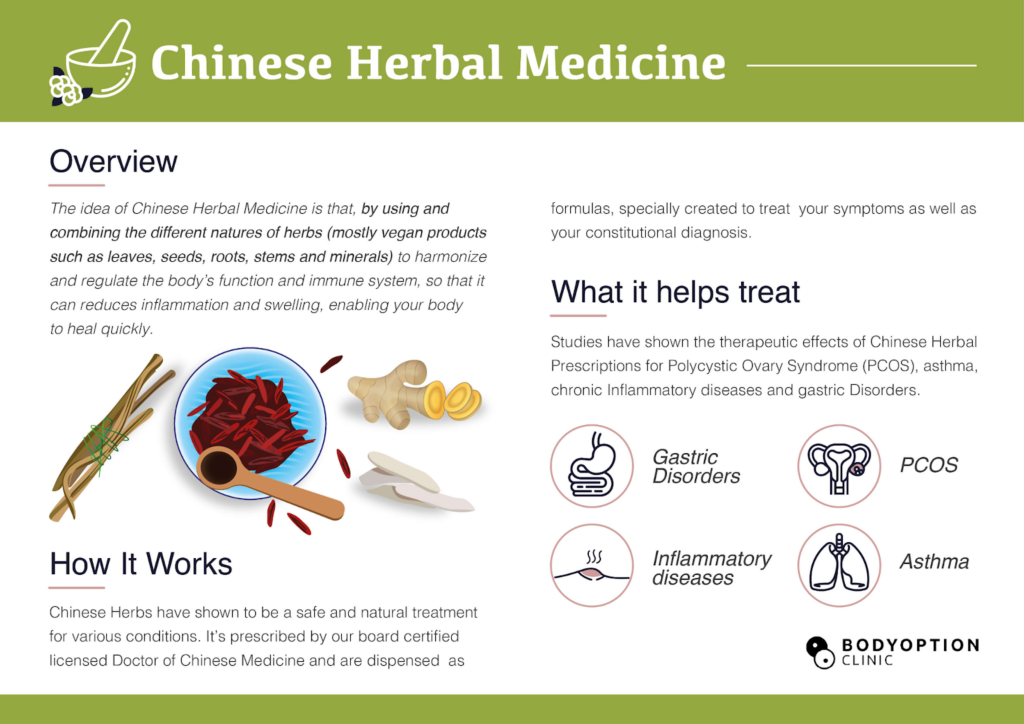Chinese Medicine
The roots of Chinese medicine date back more than 2,500 years to ancient Chinese philosophy, especially Taoism, which places great emphasis on harmony with nature.

Traditional Chinese Medicine (TCM) has been practiced for thousands of years. With the increasing popularity of alternative treatments, this form of treatment has also gained fame. TCM uses natural methods to ensure healing. However, many people are concerned about the presence of toxins in these medicines.
Are Heavy Metals A Common Source of Toxins in Chinese Medicine?
In Chinese medicine, heavy metals can be a concern if herbs are contaminated or improperly processed. It’s crucial to use high-quality, tested products from reputable sources to minimize this risk.
Heavy metals have become one of the most important issues in traditional Chinese herbal medicine. They can be derived from many sources:
Heavy metals may be absorbed by plants grown in areas that are polluted. Improper preparation techniques can lead to heavy metal contamination of herbal remedies during their processing.
In some cases, heavy metals are purposely put into plant mixtures due to myths surrounding their medicinal properties.
Such heavy metals include lead, mercury, arsenic, or cadmium. Chronic exposure to such elements leads to various health problems like cancer, kidney failure, or serious brain disorders.
Can Pesticides and Other Chemicals Contaminate Chinese Medicine?
Yes, pesticides and other chemicals can contaminate Chinese medicine if herbs are not sourced from reputable suppliers. Quality control and testing are essential to ensure the safety and purity of these products.
The use of agrochemicals in growing herbs can leave behind residues in the final medical products. Pesticides and herbicides, which are used to protect crops against pests and weeds, can enter plant tissues and may be harmful to consumers.
Although many TCM plants are safe if well-prepared, there are some that have toxic compounds that occur naturally.
Monkshood is used for pain relief and inflammation. It contains cardiotoxins and neurotoxins that are lethal if not prepared correctly.
Ephedra or “ma huang” has ephedrine that causes cardiovascular problems and has been banned in many countries. Birthwort is a group of plants named aristolochia that is rich in aristolochic acid which is a strong carcinogen causing nephrotoxicity, kidney failure, urinary tract cancers.
Are There Adulterants & Contaminants in Chinese Medicine?

Yes, adulterants and contaminants can be present in Chinese medicine, including synthetic substances and harmful additives. Ensuring quality through reputable sources and proper testing is essential to avoid such issues.
The addition of pharmaceutical drugs or other chemicals to herbal products without declaring it is a major concern in the Chinese medicine market. Some producers might add undisclosed agents to increase the perceived effectiveness of their goods.
Corticosteroids are mixed into anti-inflammatory herbs. Sildenafil is found in herbs marketed for Erectile dysfunction. Non-steroidal anti-inflammatory drugs are combined with pain relief herbs.
These contaminants may cause unforeseen side effects and drug interactions.
What Is The Impact of Toxins on Human Health?
Toxins can negatively impact human health by causing various issues such as chronic diseases, immune system dysfunction, neurological problems, and organ damage. Long-term exposure can lead to serious health conditions.
The presence of toxins in Chinese medicine may cause a number of health-related problems for human beings. These may entail short-term symptoms such as nausea, headache, and allergy reactions, while long-term effects consist of different types of diseases as follows;
Cadmium and lead are heavy metals that can accumulate in the kidneys, leading to chronic kidney disease. Many herbal toxins are processed through the liver, leading to possible liver damage over time.
Cognitive impairments and nerve damage could result from exposure to mercury and lead compounds. Heart function and blood pressure regulation may be affected by some toxic substances.
Several plant chemicals and impurities have cancerous properties, making one prone to various cancers. Some toxins affect fertility and development of the fetus.
Does Chinese Medicine really work?
Chinese medicine can be effective for various conditions, but its efficacy varies. While some evidence supports its benefits, scientific validation is mixed. It is best used as complementary therapy alongside conventional treatments.
Chinese medicine can be effective for different conditions, especially chronic and functional disorders. Success depends on the type of illness, expertise level of the professional medic involved, devotion levels of the patient, etc.
It is true that certain treatments lack scientific grounds and are not well validated; hence, they produce varying individual outcomes.
How To Regulate Challenges and Maintain Quality Management?
Regulate challenges and maintain quality management by implementing standardized protocols, conducting regular training, ensuring evidence-based practices, and monitoring outcomes.
There is a big variation in the regulation of Chinese traditional medicine around the world. For instance, the government has enacted Good Manufacturing Practices (GMP) for the production of herbal medicines in China but enforcement may not be consistent.
It is difficult to identify the contamination or adulteration source due to multiple herbs in many TCM products. Herbal medicines do not have standardized production methods and quality control measures like conventional pharmaceuticals.
Trading in Chinese herbs across continents makes it difficult to find out their origin and ensure raw material quality. The differences in terminologies and traditional practices can make it complicated to implement universal safety standards.
What Steps To Take Towards Safer Chinese Medicine?
To ensure safer Chinese medicine, choose products from reputable sources, verify quality with third-party testing, avoid products with unverified claims, and consult healthcare professionals to integrate them safely into your treatment plan.
Nevertheless, attempts are being made to improve the security and quality of these medicines. Advanced analytical techniques for determining contaminants or adulterants in herbal products are being developed.
Organizations such as the World Health Organization are working towards setting global standards on the safety of traditional medicine. The knowledge and skills of TCM practitioners/ manufacturers on matters regarding quality management alongside safety concerns are being enhanced.
What does Chinese medicine do for you?

Chinese medicine aims to restore balance and harmony within the body, addressing various health issues through methods like herbal remedies, acupuncture, and dietary recommendations to improve overall well-being and treat specific conditions.
Chinese medicine is about returning the balance in human bodies through methods such as acupuncture, herbology, and dietetics. It emphasizes disease prevention, improving overall health, and treating the underlying causes of diseases rather than their symptoms.
However, do ensure that Chinese Medicine suits you well. Watchout for any allergies and adverse reactions after trying Chinese Medicine.
What not to take with Chinese Medicine?
Avoid combining Chinese medicine with excessive alcohol, caffeine, or certain medications without professional guidance. Also, be cautious with foods and supplements that may interact negatively with herbal remedies or treatments.
Never consume Chinese herbs along with alcohol, caffeine, or specific pharmaceuticals. These can interfere with the potency of herbal remedies or cause complications upon interaction. Always tell your doctor about anything you are taking.
Mixing Chinese herbs with other reactive elements can affect its efficacy or even cause side-effects.
Which emotion can hurt the liver in Chinese Medicine?
In Chinese medicine, anger and frustration are believed to harm the liver. These emotions can disrupt liver function and lead to imbalances affecting overall health and well-being.
Anger is believed to affect the liver among all other emotions according to traditional chinese medicine (TCM). This negative anger that is internalized can disrupt flow of energy within the liver leading to physical and emotional imbalances.
Why is TCM not accepted?
Traditional Chinese Medicine (TCM) is often not universally accepted due to limited scientific evidence, variations in treatment quality, and challenges in integrating its practices.
There are different regulatory standards, cultural biases, and a lack of standardized scientific evidence, which makes TCM less widely recognized. Moreover, there are questions over quality control, inconsistency of practitioners’ training, and skepticism from the Western medical community.
Conclusion
Some traditional Chinese medicine products have toxic substances posing great health risks while some present possible benefits for users. Thus such patients should observe caution. Modern healthcare systems must address this issue through increased regulation standards and safety measures that improve quality control and provide necessary education enabling safe utilization of TCM.
